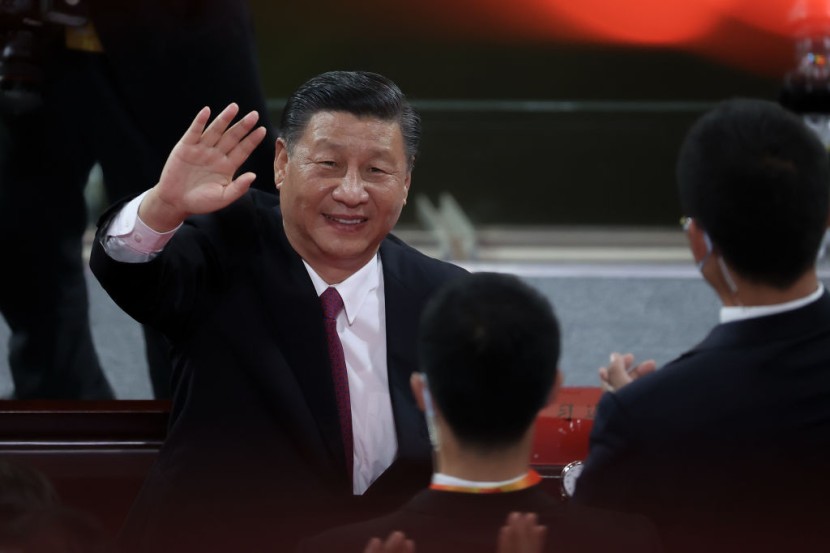
Effeminate men have been banned on national television by the Chinese government, who told broadcasters on Thursday that its aim is to promote "revolutionary culture" in a broadening campaign to take control of business and society to enforce official morality.
In a statement, Chinese President Xi Jinping called for a "national revolution" to tighten the Communist Party's control over business, education, culture, and religion. The government is mounting pressure on companies and members of the public to align with its perspectives in an attempt to build a more powerful and healthier Chinese society.
Ban of "Sissy Men" From National TV
Previously, the federal government limited the time that children had access to online games and is actively discouraging what it considers as unhealthy attention to celebrities. Officials argued that broadcasters must put an end to "sissy men" and other "abnormal esthetics." They used the term "niang pao," which is a slang term for effeminate men, which means "girly guns," NPR reported
Authorities defended their stance by saying that Chinese pop stars have been influenced by the girlish looks of many South Korean and Japanese artists. They argued they have failed to encourage China's young men to become masculine.
Read Also : Biden Administration Prepares for Possible Cyber Attacks Before Labor Day, Urges Companies to Be On Alert
The government claimed that broadcasters were promoting "vulgar internet celebrities" and encouraging youth to admire wealth and fame. Officials said they should instead promote "excellent Chinese traditional culture, revolutionary culture, and advanced socialist culture," Yahoo News reported.
Weibo Corp., a microblogging platform, suspended thousands of accounts for fan clubs and entertainment news on Saturday. Additionally, Zhao Wei, a popular Chinese actress, had disappeared from streaming platforms in the blink of an eye. Her name was quickly removed from credits of movies and shows.
The government's order on Thursday also ordered the limiting of salaries for performers and to avoid contract terms that could allow them to avoid paying taxes. Zheng Shuang, another actress, was previously fined $46 million for allegedly evading taxes. The incident was meant to be a warning to celebrities to be positive role models to the country's youth, Newsweek reported.
Tightening Control Over The Country
An anti-monopoly, data security, and other enforcement actions at companies, including game firms, social media provider Tencent Holding, and Alibaba Group. The communist party worries that the companies are growing too big and too independent of the government.
The rules, which were effective Wednesday, limited children younger than 18 to only three hours a week of online games. It also prohibited them from playing games on school days. Game developers were also required to submit new titles to the government who will approve them before they are allowed to be released. Officials have also called on companies to add nationalistic themes to their games.
Broadcasters were also told to avoid airing shows with performers who "violate public order" or have lost their morality. Officials have also banned television programs about the children of celebrities.
The incidents come as the Chinese government continues its attempts to control the coronavirus pandemic by imposing strict lockdowns. However, the decisions have severely impacted businesses and members of the public who are struggling to make a living amid the health crisis.
Related Article: Psaki Dodges Questions About Leaked Biden-Ghani Call; Conversation Reveals US President Urges to Conceal Taliban's Dominance








